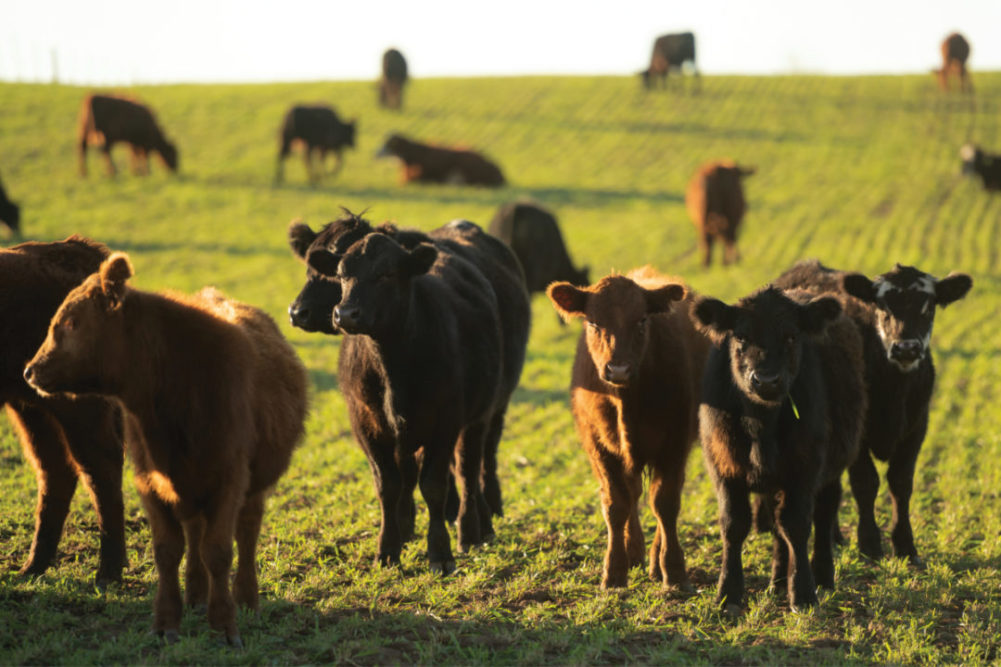WASHINGTON– Following a bipartisan request by the House Agriculture Committee, the North American Meat Institute (NAMI) cited a report by Texas A&M University that outlined how increasing government intervention and mandates in the cattle and beef markets will cost producers billions of dollars.
The research book titled, “The U.S. Beef Supply Chain: Issues and Challenges,” was published by Texas A&M’s Agricultural and Food Policy Center.
“It is no surprise that the Texas A&M analysis reflects the expert testimony at each hearing: supply and demand have the most influence on the price of cattle and goods for consumers,” said Julie Anna Potts, president and chief executive officer for NAMI. “The Texas A&M book went one step further and examined current legislative proposals and found these proposals’ unintended consequences will harm those they are meant to protect: cattle producers. This book should be required reading for members of Congress who want to help livestock producers and consumers.”
One of the areas the book examines is government mandates on required minimum negotiated cash markets. Congressional members have legislation called 50/14 or 30/14 proposals that would require these purchases.
“The short-term impact for a policy most like that being considered is a $2.5 billion negative impact in the first year and a cumulative negative impact of $16 billion over 10 years, inflated to 2021 dollars. This cost is leveled mainly on cattle producers,” said Stephen R. Koontz, PhD, professor in the Department of Agricultural and Resource Economics at Colorado State University. “The 50/14 proposal would have these negative impacts and the 30/14 would have similar negative impacts albeit approximately halved.”
Other arguments for less government interference include concentration in the industry, fed cattle pricing, price discovery and capacity.
NAMI said a fourth Congressional hearing on the beef and cattle markets will be held Oct. 7.
The entire report from Texas A&M can be read here.


